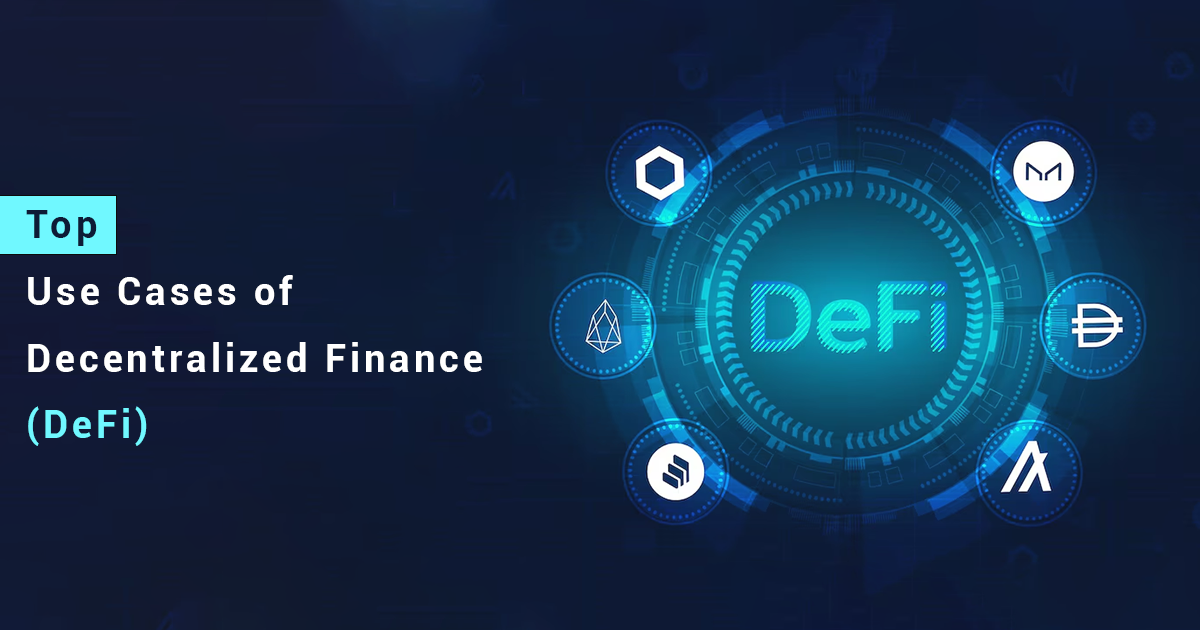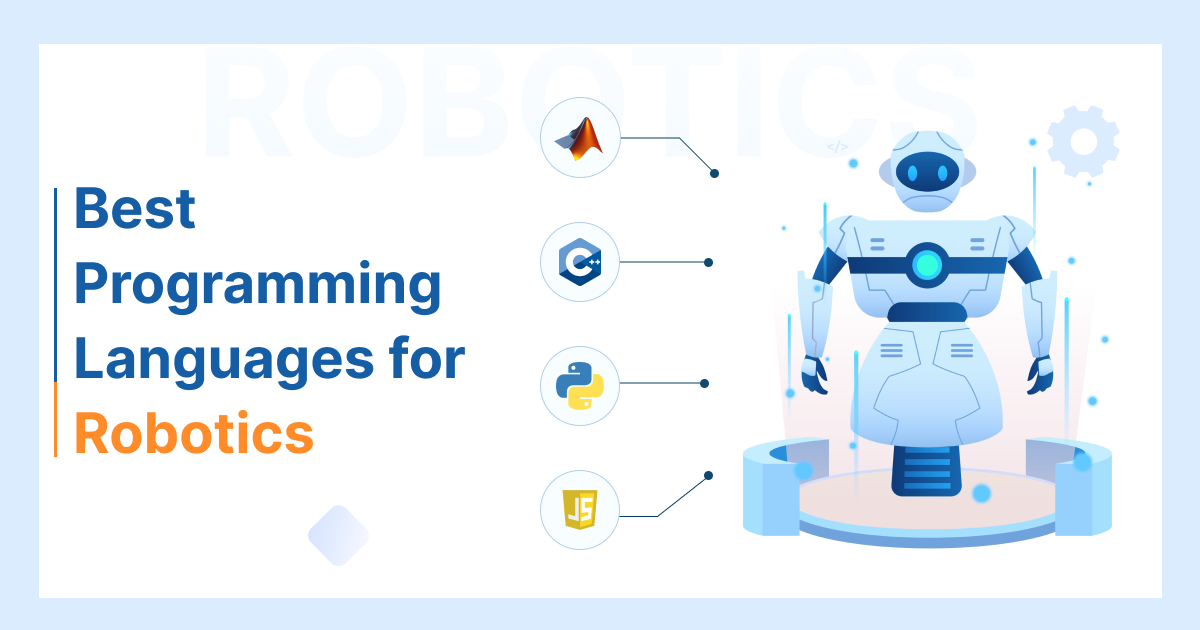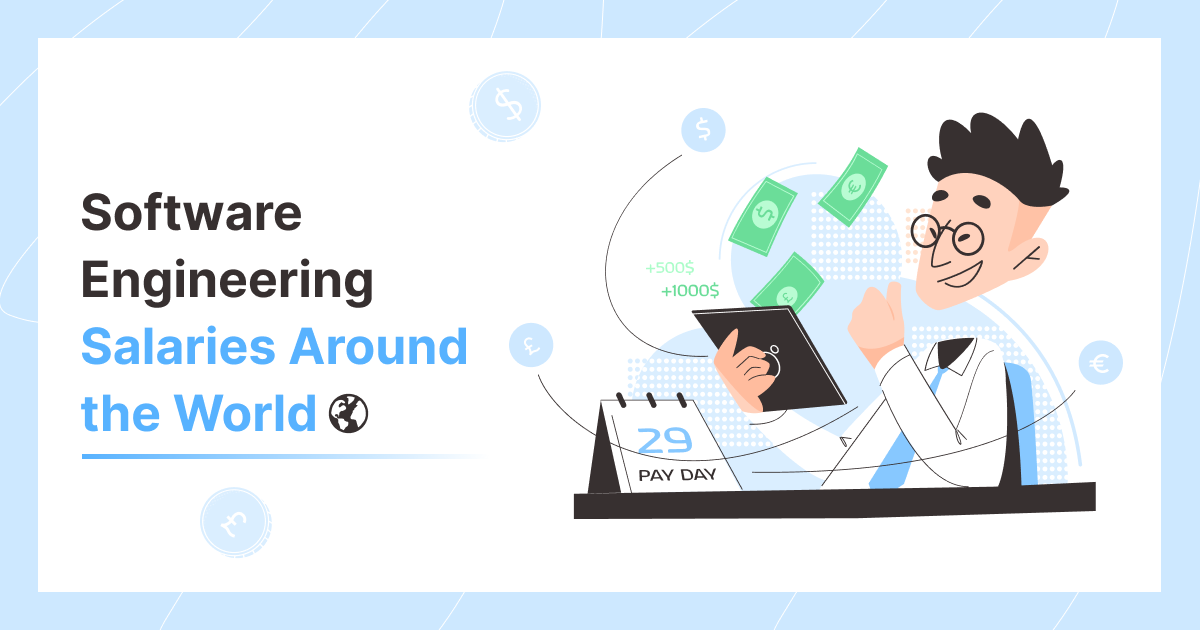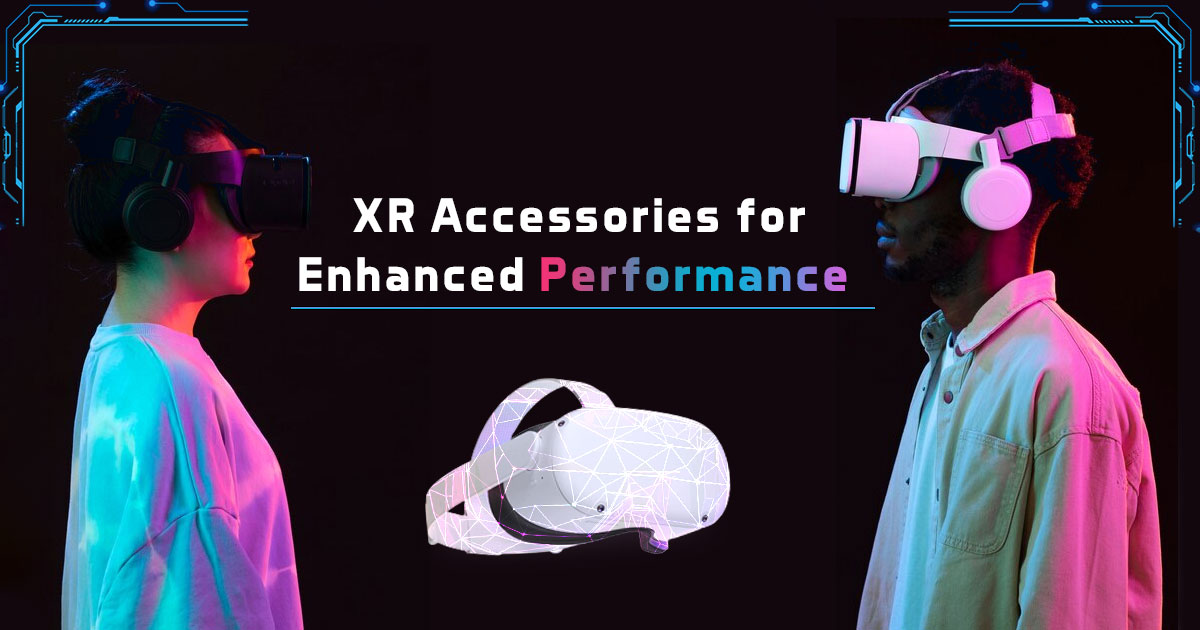Imagine a financial world where you have total control – no banks, no brokers, no middlemen. That’s exactly what Decentralized Finance (DeFi) offers. DeFi opens up new possibilities for lending, borrowing, trading, and investing like never before. What’s even more exciting are the creative ways people are already using it. Curious about the future of finance? It’s closer than you think! Let’s explore the most innovative use cases that are turning heads in the financial world.
What is Decentralized Finance (DeFi)?
Decentralized Finance, or DeFi, marks a significant departure from traditional financial systems. By harnessing the power of blockchain technology, DeFi is transforming the way we handle, invest, and engage with money. Here’s a closer into what makes DeFi so revolutionary.
DeFi is fundamentally a decentralized system of financial services and applications, all powered by blockchain technology. Unlike traditional finance, which often relies on intermediaries like banks and brokers, DeFi functions in a trustless environment. Smart contracts are self-executing codes on the blockchain that streamline processes by automating them, eliminating the need for intermediaries.
What Are The Use Cases For DeFi?
Decentralized Finance (DeFi) has various use cases that are transforming traditional financial services. Some prominent use cases include:
1. Decentralized Lending And Borrowing
Defi lending enables people to borrow funds directly from a pool of lenders, who, in return, earn yield from the interest paid by borrowers. Unlike traditional lending that financial institutions in developed countries mostly handle, DeFi opens up this opportunity to individuals worldwide, especially in developing regions.
DeFi lending and borrowing address the challenges of legacy finance by offering greater efficiency, accessibility, and transparency. With DeFi platforms, anyone with internet access can participate in lending or borrowing, regardless of their location. The loan amounts are often more flexible than even microfinance loans, which typically start at $50 to $100.
DeFi also offers significantly lower fees compared to traditional finance, making it more feasible for smaller loans. This is particularly advantageous for developing countries, where limited access to banks and strict lending requirements often pose significant obstacles.
Additionally, DeFi allows users to retain full control over their funds, which reduces the risk of third-party mismanagement.
2. Asset Management
Decentralized Finance (DeFi) provides a safer and more transparent method for managing assets, setting it apart from conventional financial platforms. With DeFi development solutions, tracking asset progress becomes easier, and it ensures that funds are being used responsibly.
These funds function using smart contracts, removing the requirement for a central governing body. This makes the process more transparent and accountable, as users can see exactly how their funds are being managed.
3. Yield Farming
Decentralized Finance introduces new ways to earn rewards on crypto assets, such as yield farming. In this process, you contribute your cryptocurrency assets, such as tokens to liquidity pools on DeFi platforms like Compound. These pools act as collective reserves of various cryptocurrencies, facilitating trading on decentralized exchanges.
When you contribute to these liquidity pools, you’re essentially lending your cryptocurrency and earning rewards in the form of extra tokens. Platforms like AAVE, a leading DeFi lending service, leverage yield farming to incentivize users to supply liquidity to the DeFi network.
Did you know?
According to Statista, The DeFi market in India is anticipated to experience substantial revenue growth, with projections estimating it will reach US$49.2 million by 2024.
Gartner forecasts that 20% of large enterprises will embrace digital currencies by 2024.
4. Decentralized Exchanges (DEX)
Decentralized exchanges (DEXs) enable users to trade cryptocurrencies directly, bypassing the need for a centralized exchange. Transactions occur through peer-to-peer (P2P) methods or by utilizing automated market makers (AMMs).
There are several benefits to using DEXs. First, they offer more transparency compared to traditional exchanges. Each trade is documented on the blockchain, simplifying the process of verifying fair transactions.
Second, DEXs provide stronger security. Cryptographic protocols protect trades, making them much harder to tamper with.
Finally, DEXs are more efficient. Blockchain-based trades can be completed faster and at a lower cost than those on traditional exchanges.
5. Compliance and KYT
Know Your Customer (KYC) protocols are essential in traditional banking, as they help maintain compliance with anti-money laundering (AML) and counter-terrorist financing (CFT) regulations. However, these KYC rules often clash with the privacy goals of decentralized finance (DeFi).
To tackle this, DeFi has introduced a newer concept called Know-Your-Transaction (KYT). Instead of focusing on users’ identities, KYT shifts the focus to transaction patterns and digital addresses within the decentralized infrastructure.
6. Margin Trading
In DeFi margin trading, users put up collateral in a smart contract to access borrowed funds according to a designated leverage ratio. For example, if a user deposits $100 worth of cryptocurrency as collateral and borrows an additional $100 at a 2x leverage, they can trade with a total of $200. While this leverage can amplify potential profits, it also increases the risk of losses, making it a strategy that carries both high rewards and significant risks.
One major benefit of DeFi margin trading is that users maintain complete control over their funds since they stay in their wallets. The smart contract takes care of the borrowing and lending process automatically.
Additionally, DeFi protocols often have liquidation mechanisms in place. These mechanisms ensure that the collateral does not drop below a certain threshold, helping to protect the lender’s funds.
7. Prediction markets
Decentralized finance (DeFi) is introducing an innovative financial tool: decentralized prediction markets. Platforms like Augur allow users to wager on the outcomes of future events, including stock market movements and election results. These DeFi markets use blockchain to maintain transparency and security.
With all transactions recorded permanently, there’s no need for a central authority, which cuts down on the risk of manipulation. For businesses, these markets can be valuable for gaining insights into market trends or protecting against potential risks. While not a typical investment, prediction markets offer a chance to earn rewards for accurate predictions.
Conclusion
Decentralized Finance (DeFi) brings a range of benefits that can empower businesses and transform traditional financial systems. It simplifies fundraising, strengthens compliance, introduces innovative asset management, and reshapes trading. With DeFi, companies can take more control of their finances, tap into new sources of capital, and operate with greater transparency and security.
As DeFi continues to advance, companies that adopt this technology early on can secure a significant competitive advantage. By integrating DeFi into their operations, companies can enhance efficiency, reduce costs, and confidently adapt to the changing financial orbit. As regulations take shape, we can expect even more innovative applications, reinforcing DeFi’s game-changing impact on business.
Looking to Develop a DeFi Solution?
At Digitalogy, we are a leading DeFi development company offering comprehensive DeFi services in India tailored to your unique needs. With years of experience in blockchain technology, we help businesses create decentralized financial solutions that empower users with greater control and transparency.
Our expert team delivers a seamless and innovative DeFi experience, specializing in everything from smart contract development to secure token creation. Collaborate with us to tap into the endless possibilities of decentralized finance and elevate your business.
A. Decentralized Finance (DeFi) is a financial ecosystem built on blockchain technology that eliminates intermediaries like banks and brokers. It enables users to lend, borrow, trade, and invest securely and transparently through decentralized applications and smart contracts.
A. DeFi lending platforms allow users to borrow directly from a pool of lenders without traditional financial institutions. Lenders earn interest from borrowers, and anyone with internet access can participate, providing greater accessibility and flexibility in loan amounts.
A. Decentralized exchanges (DEXs) enable users to trade cryptocurrencies directly without relying on a central authority. Trades occur via peer-to-peer methods or automated market makers (AMMs), offering more transparency, security, and efficiency compared to traditional exchanges.
A. Yield farming involves depositing crypto assets into liquidity pools on DeFi platforms to earn rewards, typically in the form of additional tokens. While it offers potential returns, yield farming carries risks due to market volatility and protocol vulnerabilities.







